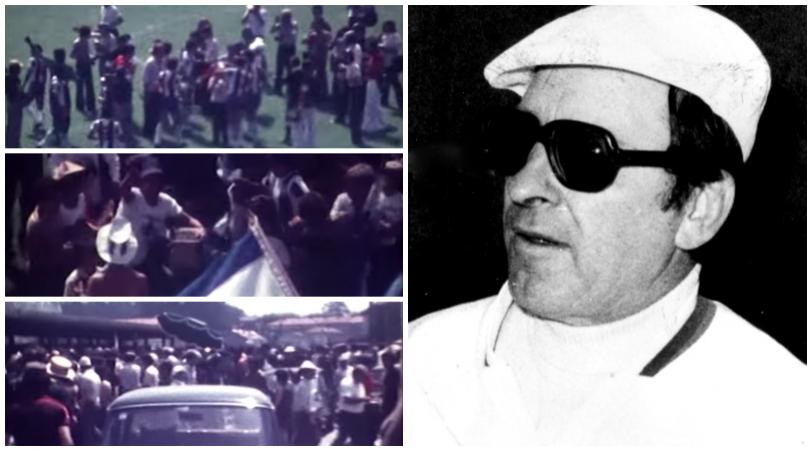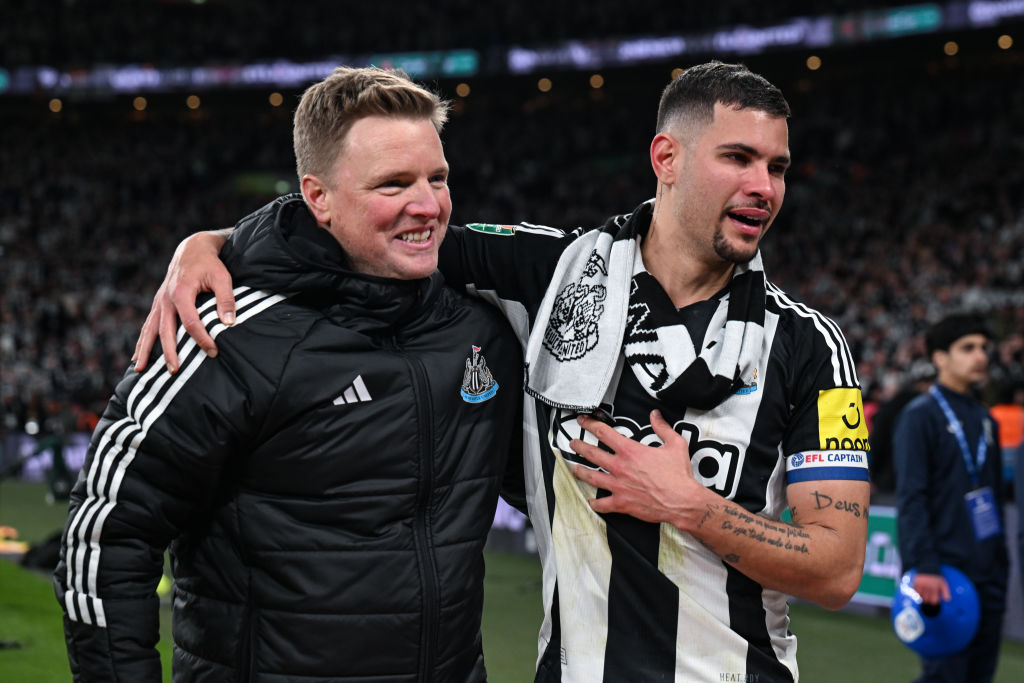Gutless and directionless, rock-bottom Porto face the end of an empire
The Portuguese giants have admitted to hitting their nadir and are drifting further behind their rivals, explains Simon Curtis...
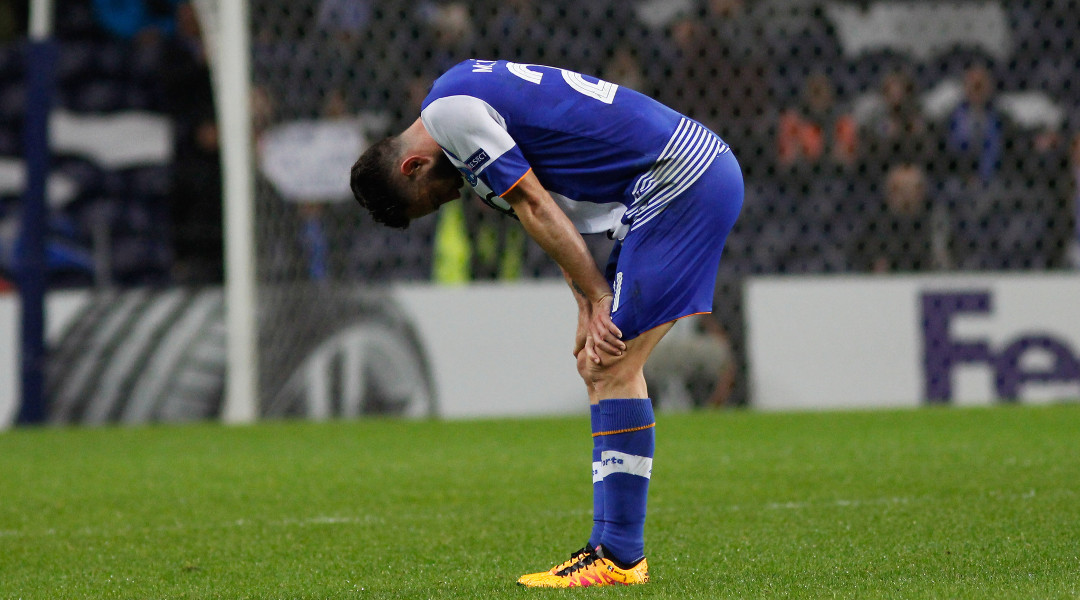
As Benfica players arrived back at Lisbon's Portela airport where their flight from Munich had just landed, they were shuttled as usual to the nearby Estádio da Luz to pick up their cars from the cavernous underground car park at the stadium.
It was something past 2am as the cars began one by one to exit its bowels and make their way home. It had been a long day, but Benfica had survived the test of the Allianz Arena to come away with a workable 0-1 first-leg defeat.
Despite the late hour, hundreds of Benfiquistas were waiting outside the ground and, as each car emerged to firecrackers, flag-waving and cheers, supporters took photographs, shook hands with the players as they wound their windows down and leapt onto car bonnets in impromptu paintwork-threatening celebrations.
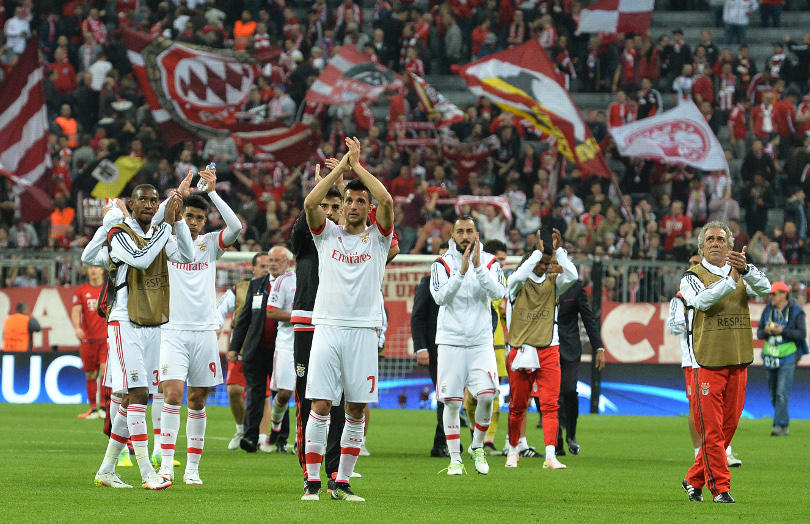
Poles apart
300 kilometres to the north, on a quiet side street off Avenida da Boavista in Porto, there was also lively nocturnal activity. Outside FC Porto president Jorge Nuno Pinta da Costa’s villa, firecrackers were also being thrown. The giant banners being unfurled made uncomfortable reading for the ageing 78-year-old, however, for here in the north, serious trouble is brewing.
While Benfica bask in a Primeira Liga lead and dream of overturning that slender deficit in this week’s return game with Bayern Munich in the Champions League, Portistas have – in the words of the president himself – “hit rock bottom”.
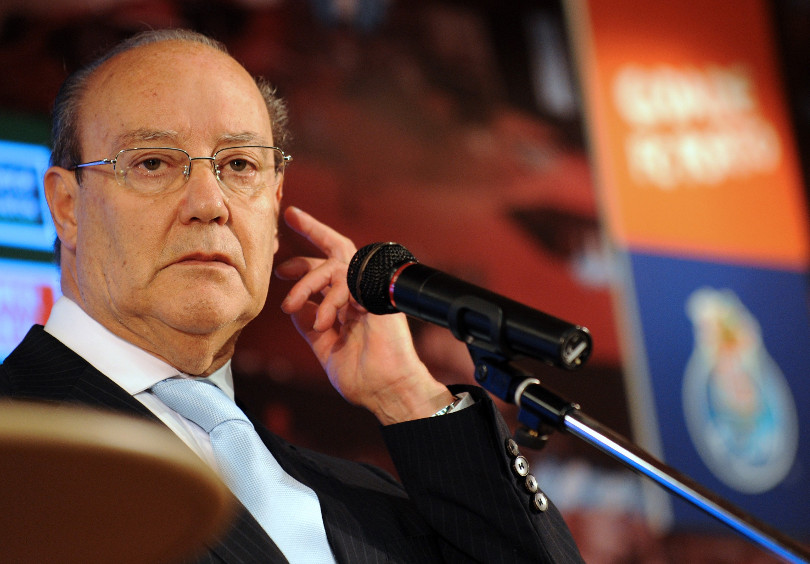
In a phrase that will send shivers down the spines of those supporters who recognise the fighting spirit of the club as its defining element, the veteran president said: “The season is now over and we should be playing like it was the next pre-season. Those players who do not show character will be out of here”.
Get FourFourTwo Newsletter
The best features, fun and footballing quizzes, straight to your inbox every week.
This, from the head of a club that still has a domestic cup final to play in May.
The season is now over and we should be playing like it was the next pre-season. Those players who do not show character will be out of here
A defeat to bottom club Tondela – the first time a Porto side has ever lost at home to any last-placed team in the league – left them closer to Braga in 4th than Benfica at the top. Having hit ‘rock bottom’ they lost again this weekend, at Paços de Ferreira, leading to predictable accusations of finding a new level below “rock bottom”.
With president Pinta da Costa well past normal retirement age, the question begs to be asked: are FC Porto stumbling blindly into End of Empire?
A glorious legacy
From the momentous days of the 1960s – when the self-confident 20-year-old Pinto da Costa levered himself onto the board at the old Estádio das Antas, thus gaining a critical foothold in the power hierarchy – the club from the northern port has hardly looked back.
Archetypal political manipulator Pinto da Costa may have briefly left the club but he returned in 1976 at the time of greatest need, hand-in-hand with their saviour-to-be José Maria Pedroto.
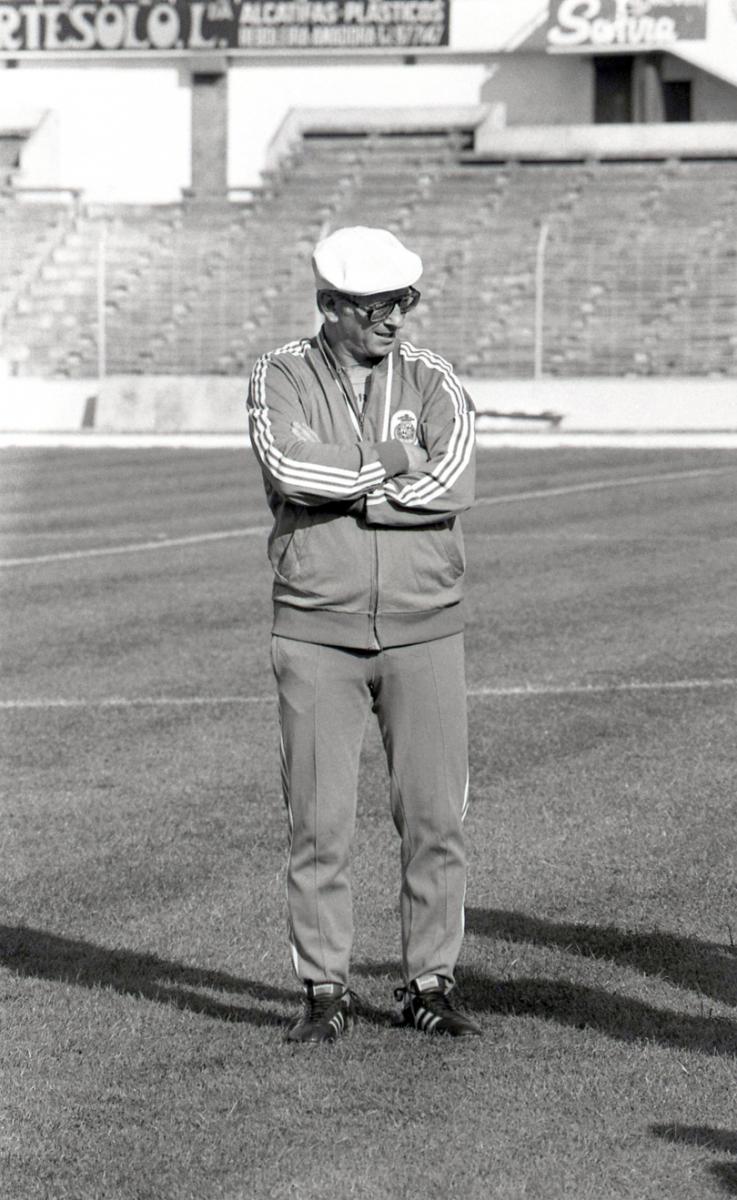
Pedroto led Porto to the title, assembled the side that lost the Cup Winners' Cup Final in 1984 to Juventus, and took the European Cup in 1987 under Artur Jorge by beating Bayern with the legendary backheel from Rabah Madjer and volleyed winner from Juary.
It was Pedroto’s sciencia da bola (the science of football) mantra that turned him into the godfather of all that Porto have achieved in the modern era. It was his name that featured in the banners draped in front of Pinto da Costa’s spacious dwelling last week, as fans accused the president of betraying Pedroto’s memory.
It's perhaps relevant to look back at the three fundamental pillars Pinto da Costa insisted on as he restarted work in 1976:
- The absolute liberty to choose the trainer he wanted (José Maria Pedroto).
- The absolute liberty of the coach to then choose the players he wanted.
- Football matters to be the domain of the president and the director of football in a closed circle with the coach, a new development for Portuguese football clubs.
Transfers choked
A gradual loosening of these strict commandments has allowed Porto to be run more professionally and less like the personal fiefdom of the president. At the same time, as Portuguese football expert and FourFourTwo contributor Tom Kundert has pointed out, the tightening of third-party ownership rulings has clipped their wings.
The famed intelligence network in South America that recruited the likes of Radamel Falcao and Jackson Martinez has also largely dried up, thanks to others getting wise to the treasures to be had across the Atlantic.
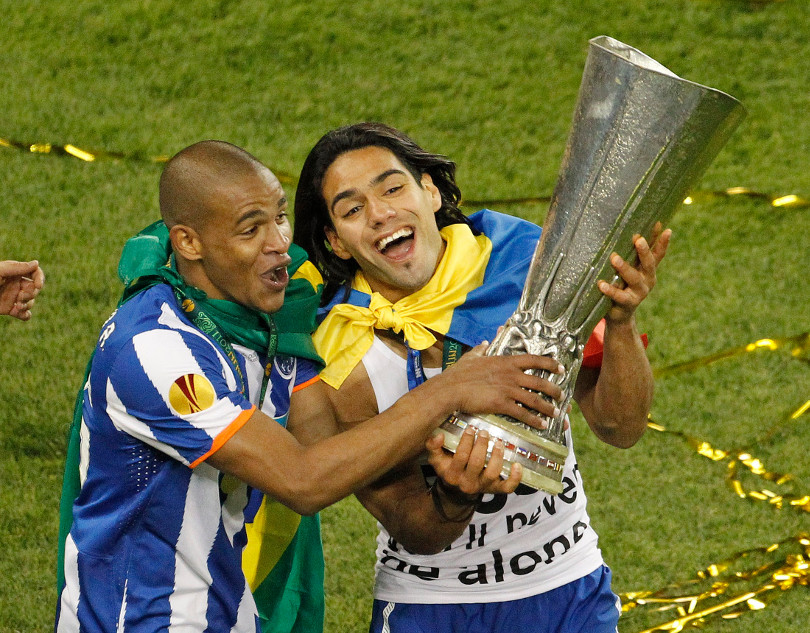
The choice of Julen Lopetegui as coach also backfired embarrassingly, with Pinto da Costa’s newfound laissez-faire attitude allowing a change in buying policy.
“Porto operate in a much less presidential way these days,” suggests Porto-watcher Vasco Mota Pereira. “It is no longer Pinto da Costa who does the day-to-day management and the hand-picking of staff”.
Porto operate in a much less presidential way these days. It's no longer Pinto da Costa who does the day-to-day management and the hand-picking of staff
The record signing of Giannelli Imbula (now of Stoke) from Marseille is a case in point: after all Lopetegui’s work, the leggy Frenchman infamously became the "Ferrari that never left the garage" (Pinto da Costa’s description).
There are other important factors: Benfica and Sporting have got their acts together after years of mismanagement left the way open for Porto to exploit the evident power vacuum.
Shoe on other foot
What Porto did under José Mourinho and Jesualdo Ferreira, Benfica now look like copying under Jorge Jesus and Rui Vitoria. Any talk of dynasty no longer refers to Porto but to the scarlet-clad Lisbon giants.
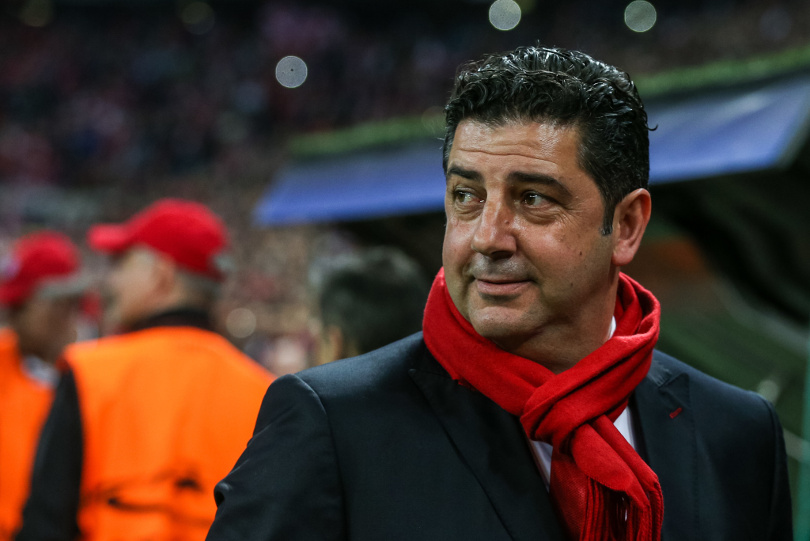
Within the squad there has also been a change in emphasis. A lack of Portuguese players and a lack of a leader who can imbue in newcomers the spirit of what it means to represent the club, have led to a series of directionless, gutless performances when it was spirit and passion that was required.
With the departure of this strong leadership on and off the pitch, Porto risk becoming just another club. As Pinto da Costa prepares to fight for his final mandate as president of the club, nobody would have thought his long and prize-littered reign at the top would be ending with him uttering the word vergonha ('shame') about his beloved FC Porto.
Time, it would seem, waits for no man.
